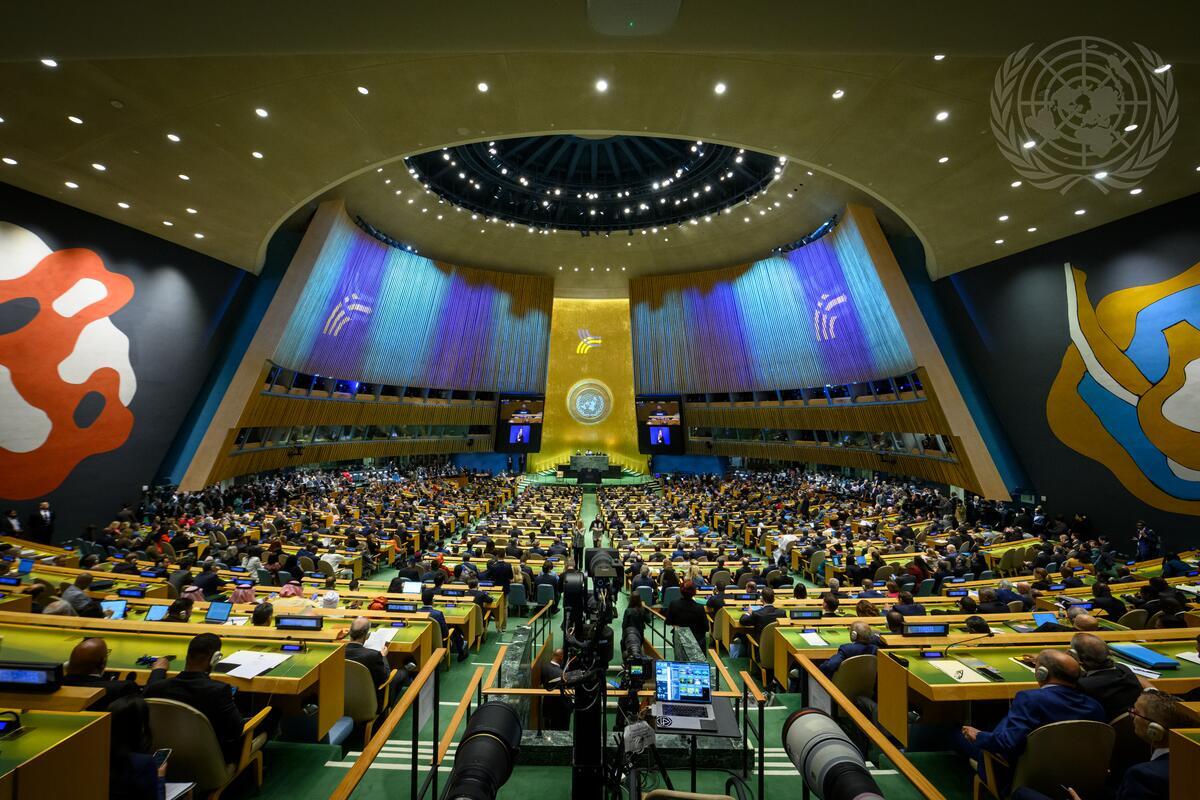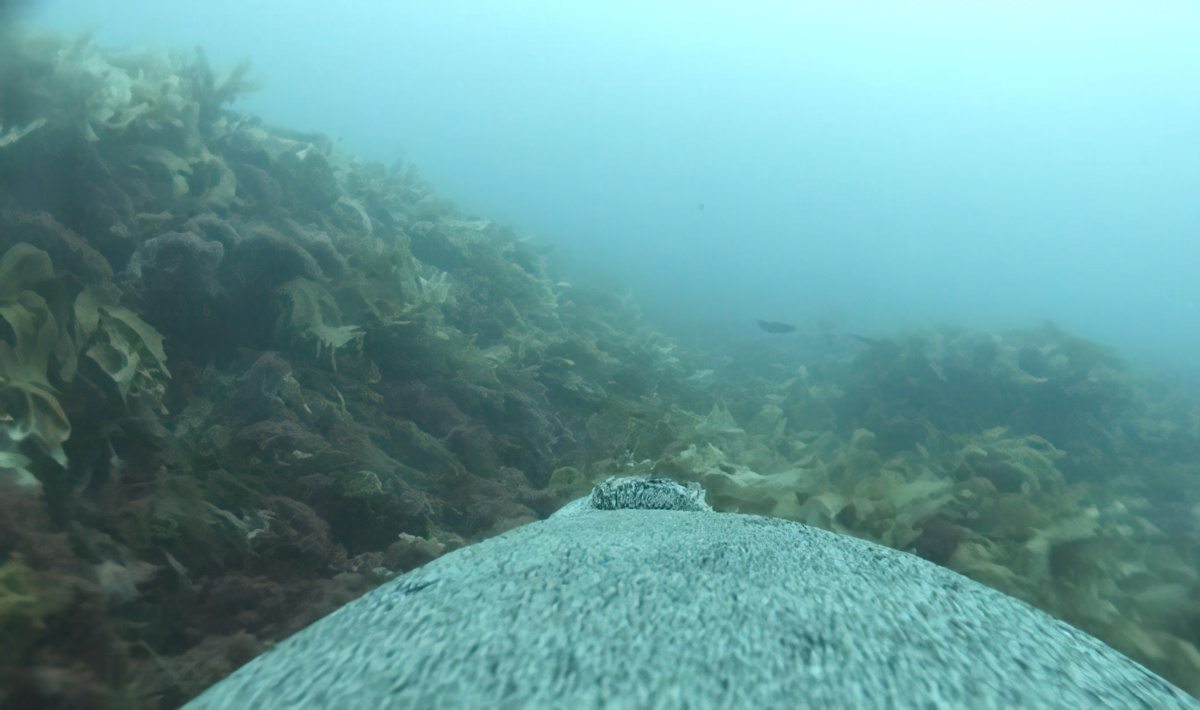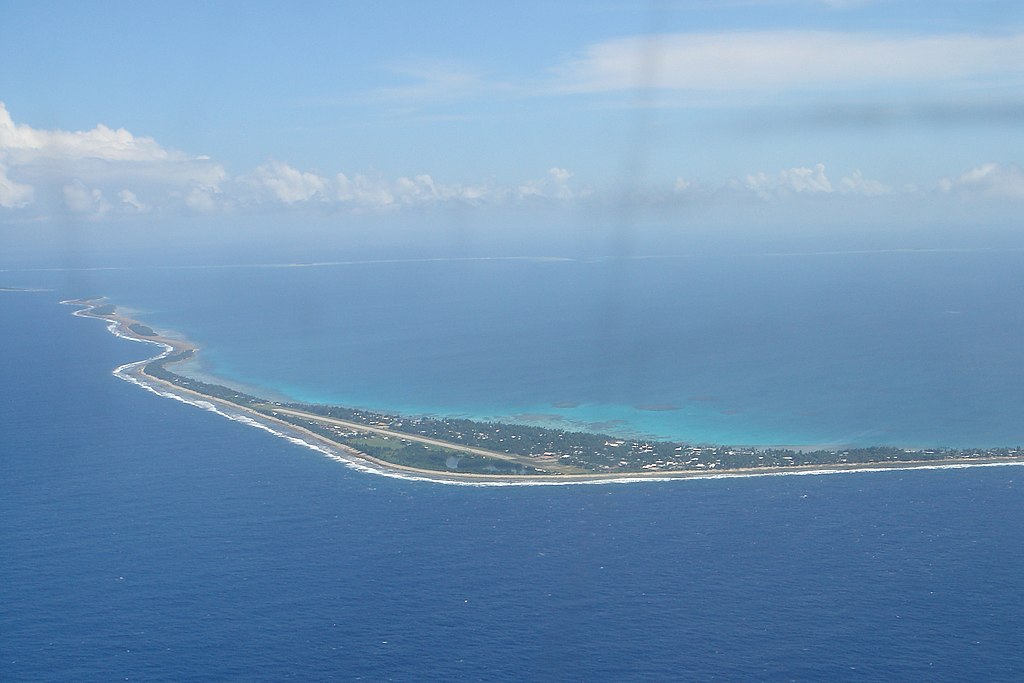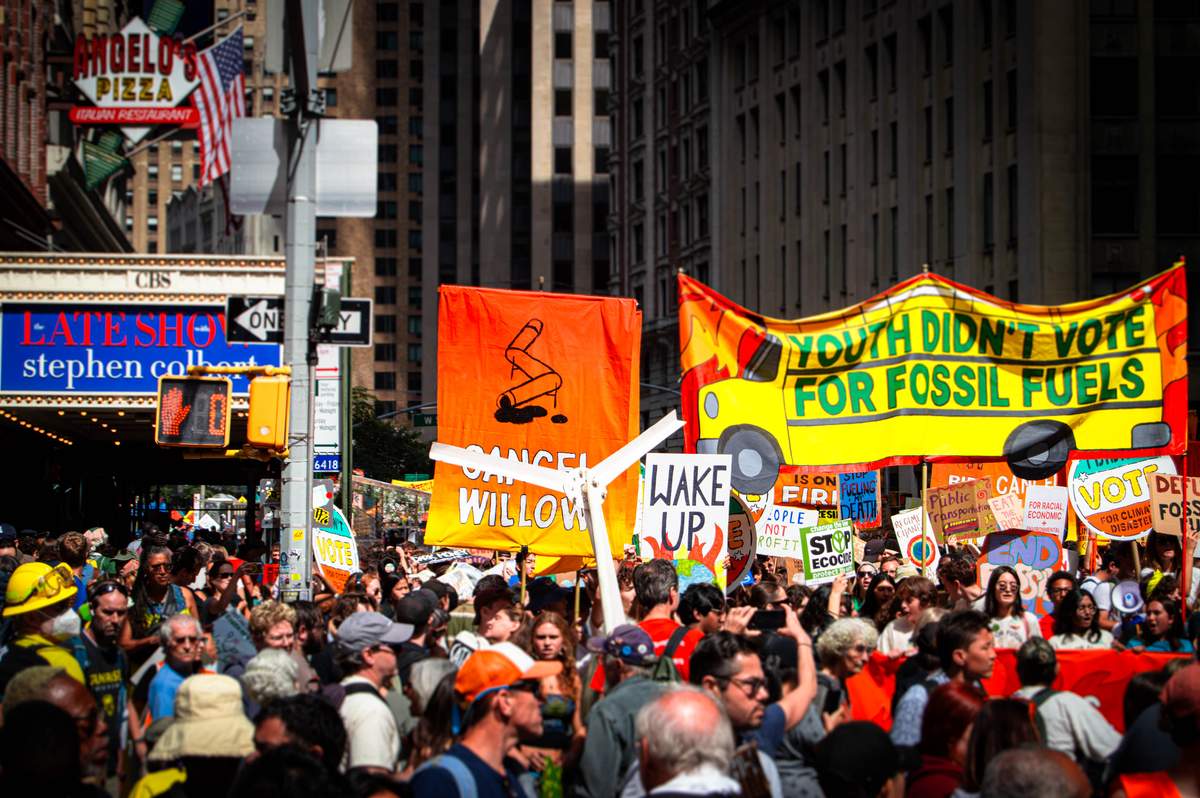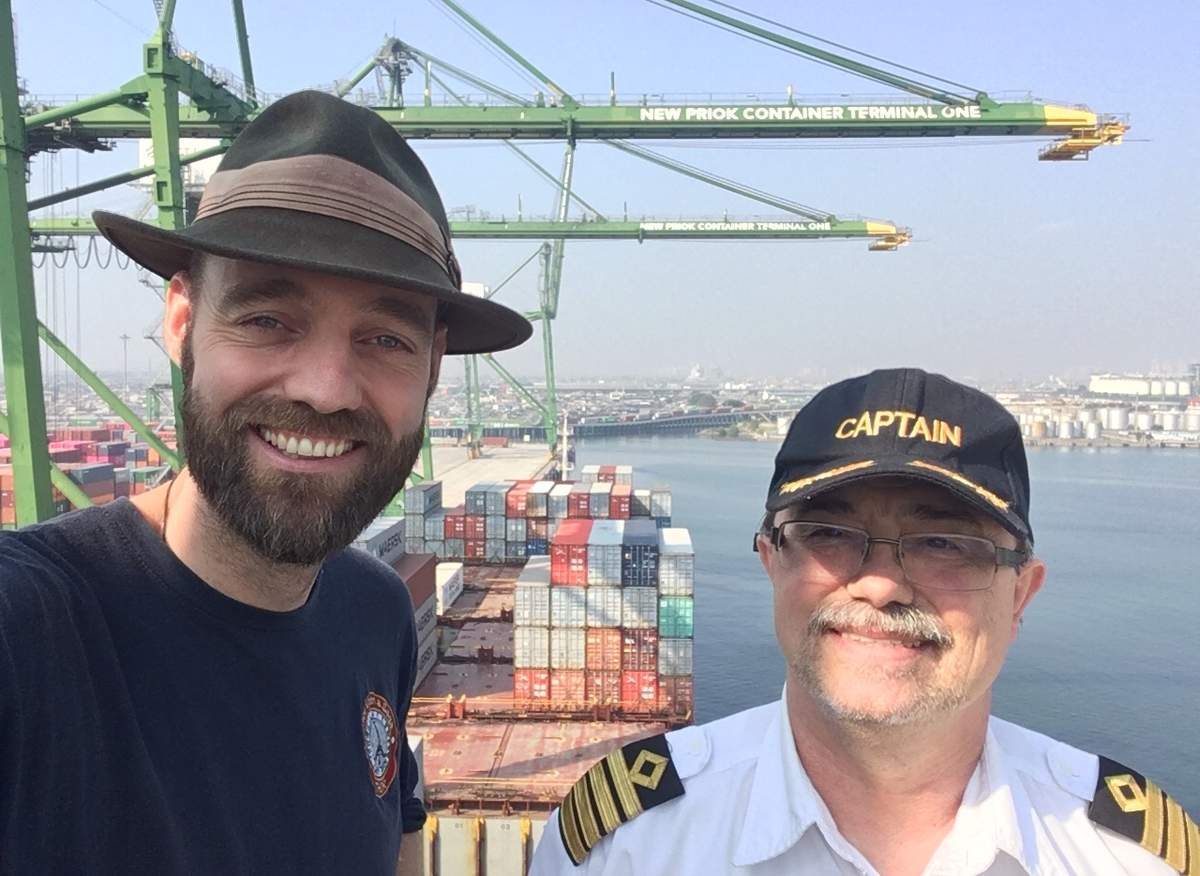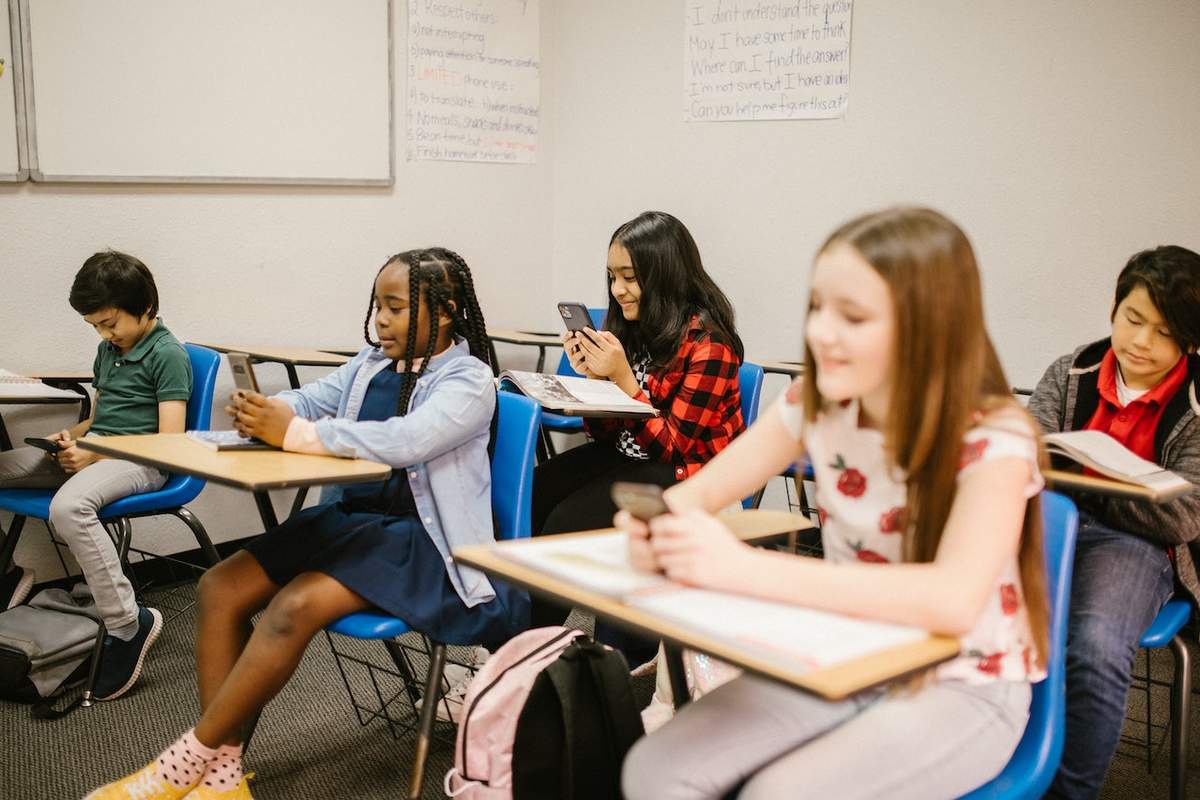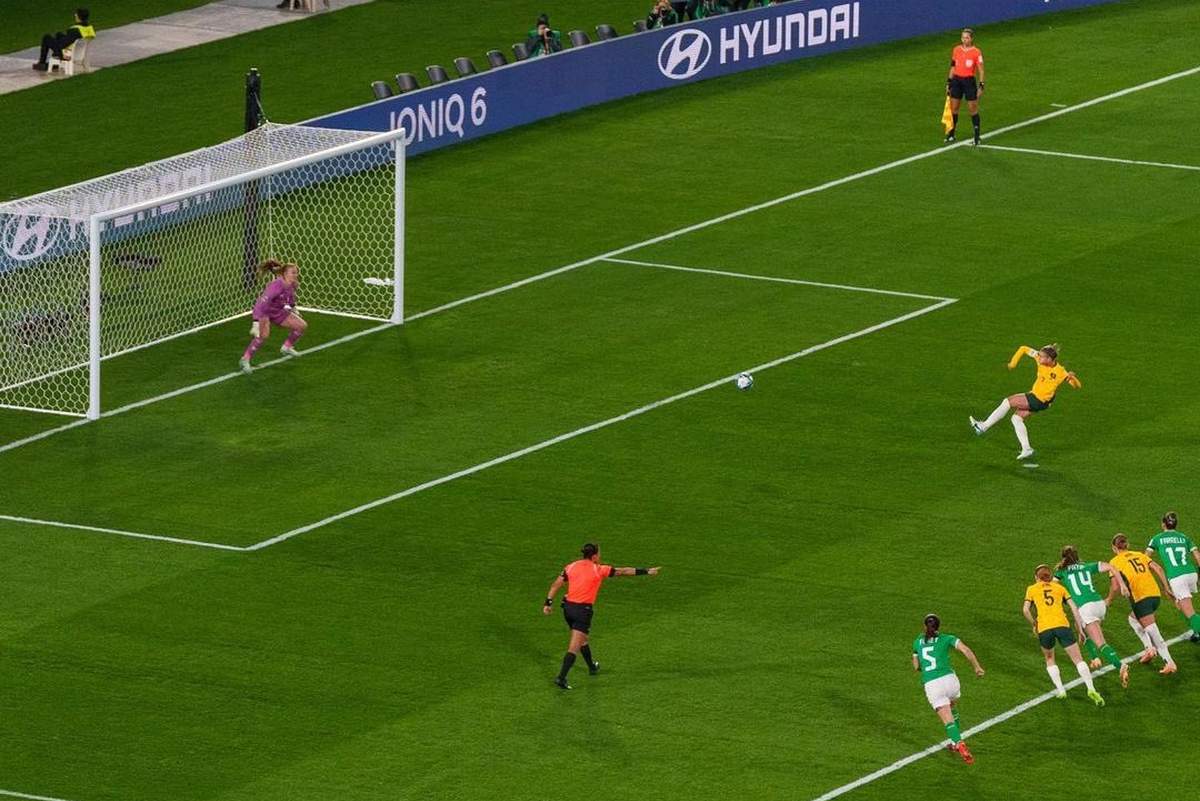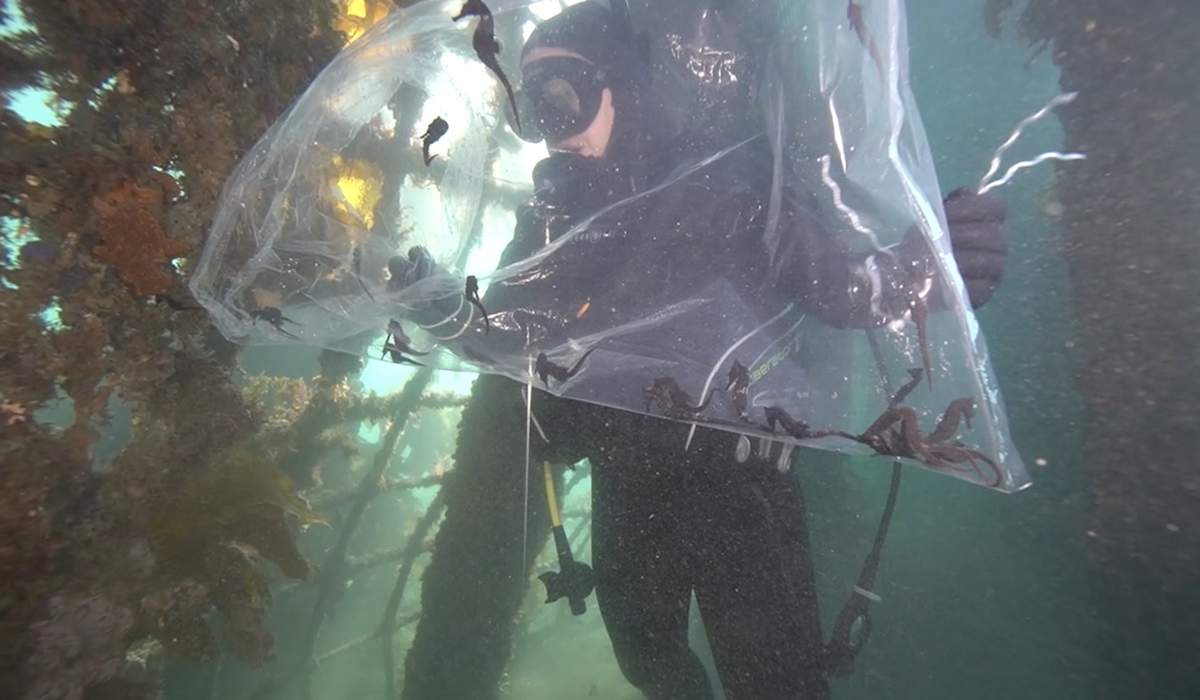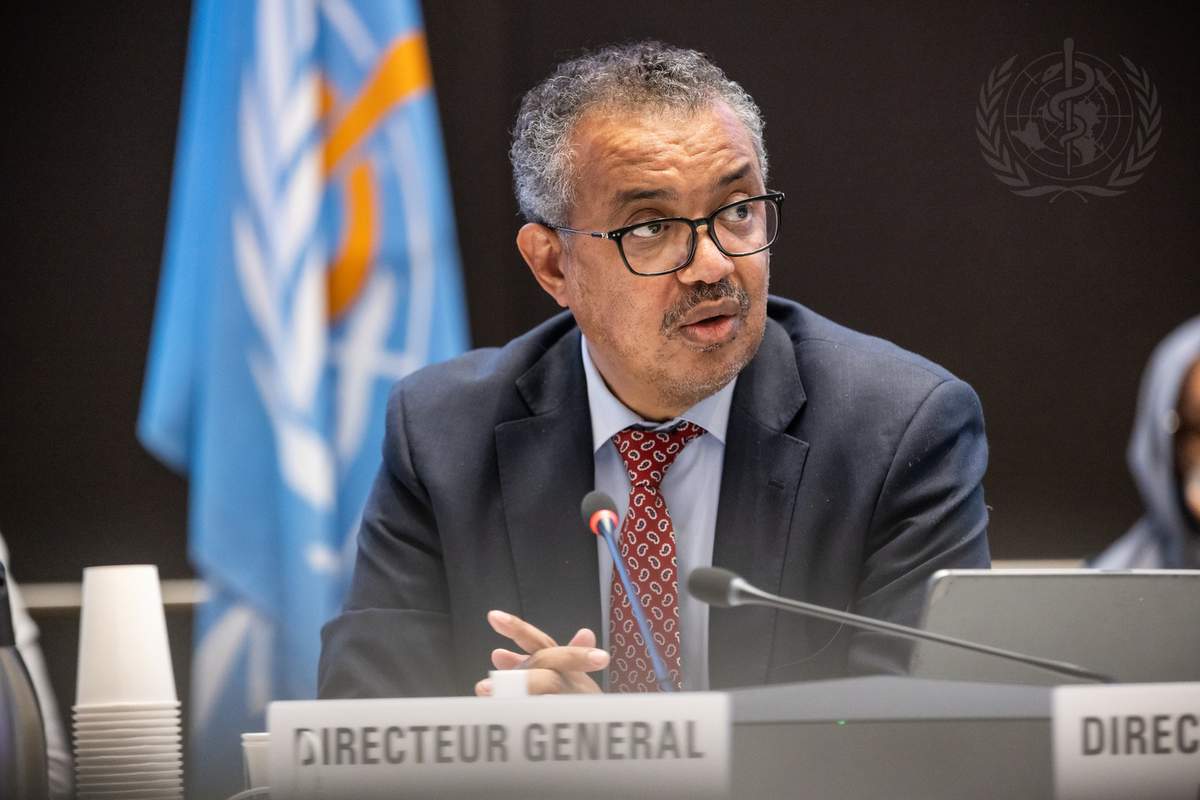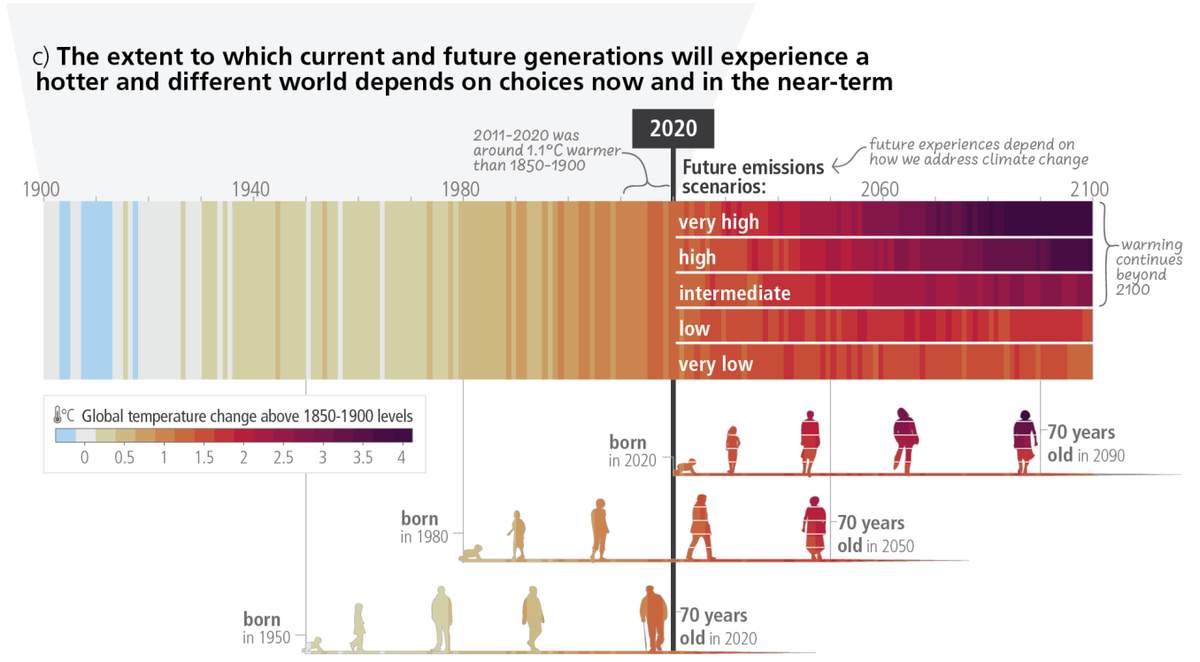Leaders representing countries around the world will come together this week at the United Nations' General Assembly meeting in New York. This year's meeting comes as the world faces a large number of extremely serious challenges.
Published in “Australasia”
Australian scientists have come up with a clever way to study hard-to-reach areas of the sea floor: they attached cameras to sea lions. The resulting videos have given scientists new information about the endangered sea lions, and also about the sea floor.
Tuvalu is a tiny island nation in the Pacific Ocean. It's also one of the countries most threatened by climate change. Now Australia and Tuvalu have made a deal that gives the people of Tuvalu a place to go if their islands become unsafe because of rising seas.
Over the weekend, people around the world turned out in huge numbers to protest the burning of fossil fuels. The protests - the largest since before the coronavirus pandemic - were meant to send a strong message to political leaders: "Take climate action now."
Torbjorn ("Thor") Pedersen is a Danish traveler who recently finished a trip around the world. But this wasn't just any trip. Mr. Pedersen spent nearly 10 years visiting every country in the world – and he did it all without flying.
A recent report from a United Nations group warns that using technology in classes may not help as much as many people believe. The report suggests that technology should be used less in schools, and that smartphones should be banned from classrooms.
For the last two weeks, 32 women's soccer teams have been playing in stadiums across Australia and New Zealand as part of the FIFA Women’s World Cup. Along the way, there have been some amazing matches, along with several surprises. Now there are only eight teams left.
In a world-record effort to help save a rare sea creature, Australian scientists have released hundreds of baby seahorses into the wild. The tiny seahorses are endangered, and the scientists hope the new seahorses will help their numbers grow.
On Friday, the World Health Organization announced that the coronavirus pandemic is not a global emergency anymore. The disease is now spreading much more slowly than before. The WHO says Covid-19 is still a problem, but the hardest part of the pandemic is over.
Governments worldwide are making special rules to limit the popular social media app TikTok. The governments have safety concerns about TikTok because it's owned by a Chinese company. But many people think banning TikTok may not be the best answer.
On Monday, a United Nations climate group released a major new report on climate change. The report explains that the climate crisis has become even more serious, and that massive climate action must be taken before 2030 to avoid the worst effects of the crisis.

